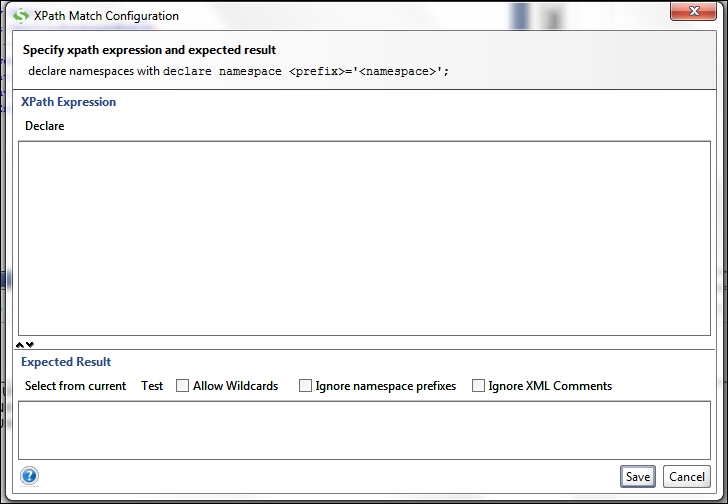Assertions are validations which are used to validate whether the system is working as expected or not.
SoapUI provides you with a variety of assertions, let's have a look at each one of them by category:
In the preceding example there is an XML which has multiple price tags and the tester wants to retrieve all the prices from an XML response.
So the XQuery searches in every item and returns all the prices for each Item.
- Contains: This assertion is used to validate if a particular value or string exists in the response or supports wildcards
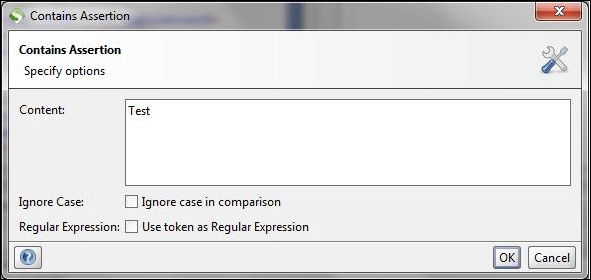
- NotContains: This assertion is to make sure that a particular string doesn't exist in the response
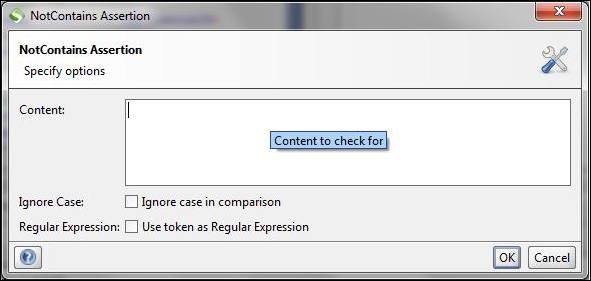
- Compliance status and standards: This Assertion type is used to validate whether the returned status code or fault code adheres to the expected value or not
- Invalid HTTP status codes: This Assertion validates whether the returned HTTP Code adheres to the expected value or not
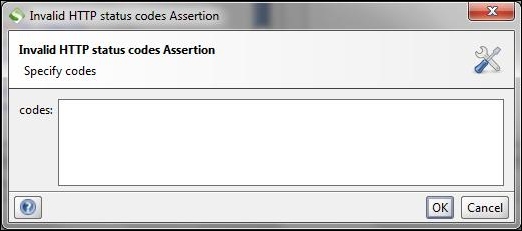
- Not SOAP Fault: This Assertion validates that the response received from the service is not a SOAP fault
- Schema Compliance: This Assertion validates that the received message is compliant with the WSDL or not
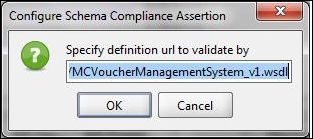
- SOAP Fault: This assertion validates that the response received is a soap fault or not
- Script: Script assertions are used to create any custom assertion with the help of groovy script
- Script Assertion: Script assertion is the best way to implement your own assertion to meet your requirements
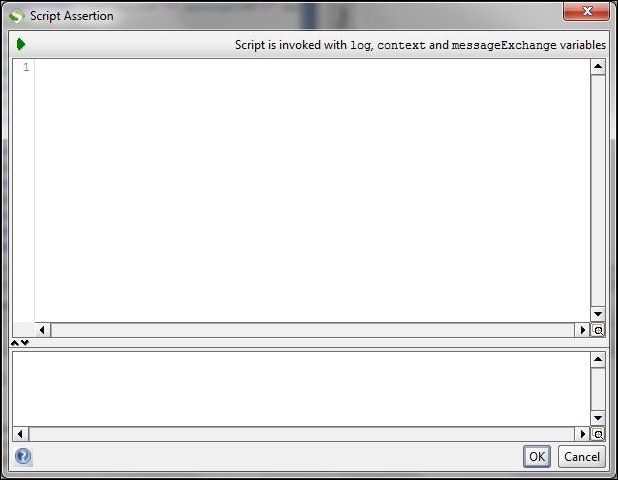
- Response SLA: This Type of assertion is to validate the response time
- Response SLA Assertion: This assertion is to validate the response time of the service and may be used to verify the performance of the service at the initial stages
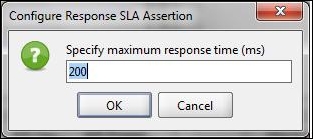
- JMS: This type of assertion is to for services exposed over the JMS protocol.
- Security:
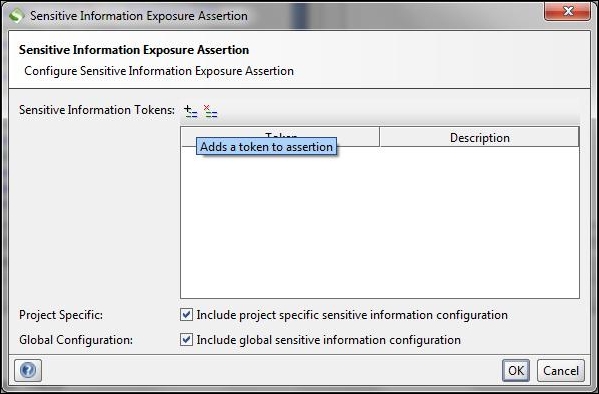
That was all about assertions in SoapUI however, when we need a customized assertion we always have the power of groovy script to create our own and achieve our desired functionality.
..................Content has been hidden....................
You can't read the all page of ebook, please click here login for view all page.

